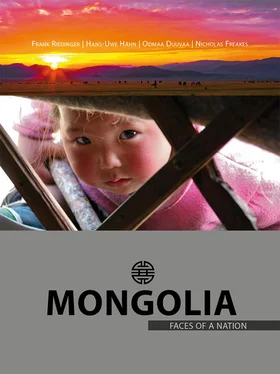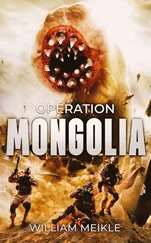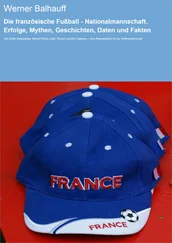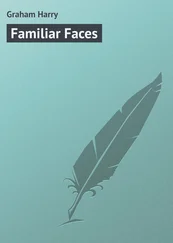The man at the next table turns to us and starts to tell us some memorable stories about the history of the traditions of Tsagaan Sar. The story about the little box is the most fantastical. His son had placed the lucky coins that were hidden in the buuz and which he had bitten on while eating, into his secret stash, a small wooden box. Once, he had rashly boasted about it and revelled in the pure happiness of it. When his collection of old coins disappeared without trace, the Mongolian New Year tradition that recommends maintaining total secrecy about voicing such things, was confirmed.
We stay late into the night. None of us wants to go back to where we live. Two months earlier, I had rented a flat. But I don’t really feel at home there. It is more of an office where I organise my trips from. Outside, we wave at one of the few cars that is driving slowly along the avenue. The driver stops immediately and we agree a price of 500 tugrik per kilometre to drive us home. Most car drivers have nothing against such moonlighting and supplement their income by offering occasional taxi services.
The next day sees the start of the three main Tsagaan Sar holidays when family visits take place, to wish each other Happy New Year. The order of events is to visit close family members first and then to call on friends. Battulga has engineered a surprise visit with his elderly mother for me. I am invited to celebrate with them, until the end of the festival period. That is a truly wonderful gesture of friendship.
The milk tea has already been prepared and there is enough for everyone. We are in the mother’s flat so honour is bestowed upon her by the whole family. Before drinking, some tea is offered up and cast to the four corners of the skies. I extend my forearms to the mother by way of a greeting. In order to offer symbolic support to her as the oldest member of the family, they are placed under her arms that are also extended. It is then also well received if a gift of money is offered, to add weight to the esteem and regard being shown.
After the ceremony, the family members greet each other, with the exception of the married couples who, according to Mongolian beliefs, form one unit and cannot be separated one from the other. No water should be fetched and no manual work should be done. It is also not allowed to take any rubbish outside. Anybody who disobeys this will have an unhappy year, according to Battulga’s mother. This also applies to anyone who stays with strangers, who argues, who sleeps in the afternoon or who cries.
Some superstitious Mongolians would have advised me against staying overnight under these conditions. But the honest hospitality displayed by Battulga’s family is sincere, so I stay. The simple joy of their anticipation is heart-warming and will surely make it difficult for any evil spirits in the future.
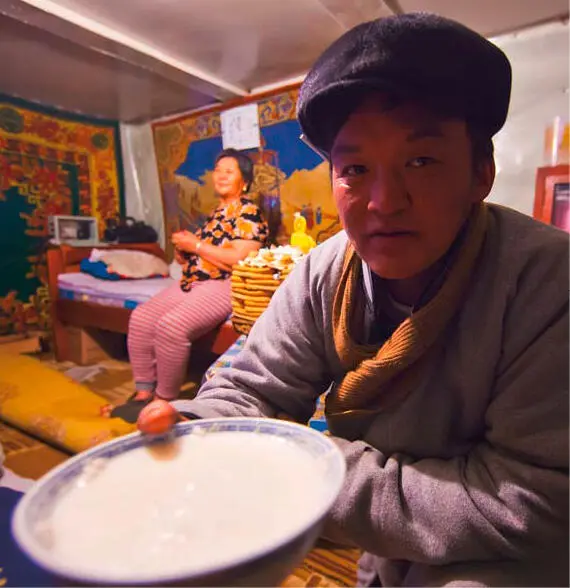
Airag, fermented horse’s milk, is a very popular drink at Tsagaan Sar.
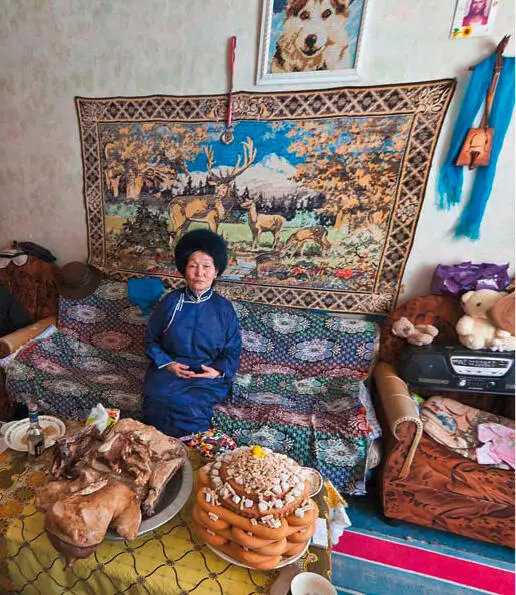
Celebrating Tsagaan Sar at home with Battulga.
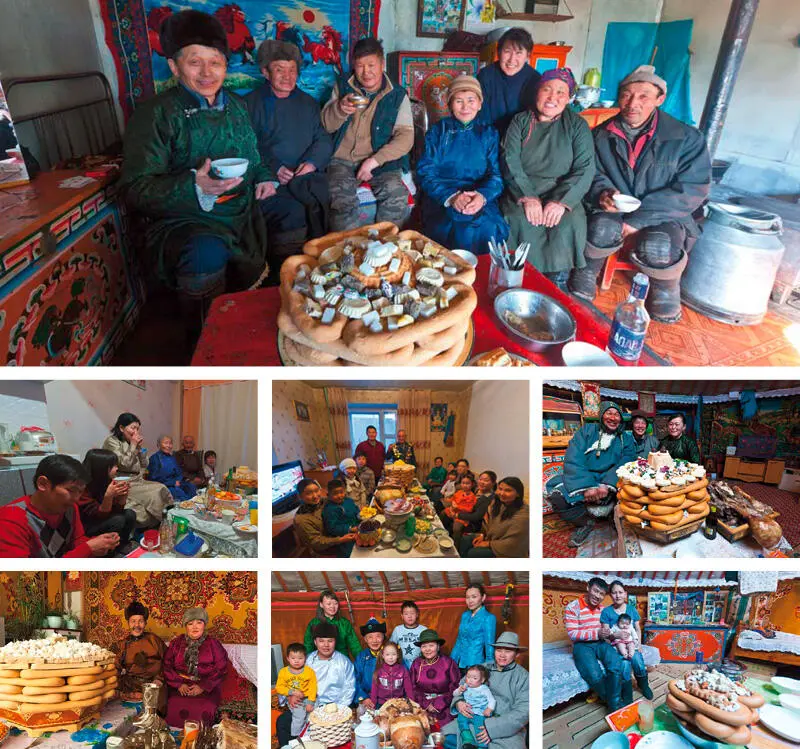
Tsagaan Sar, with the edible symbols of the festival – the idee and the fatty saddle of mutton.
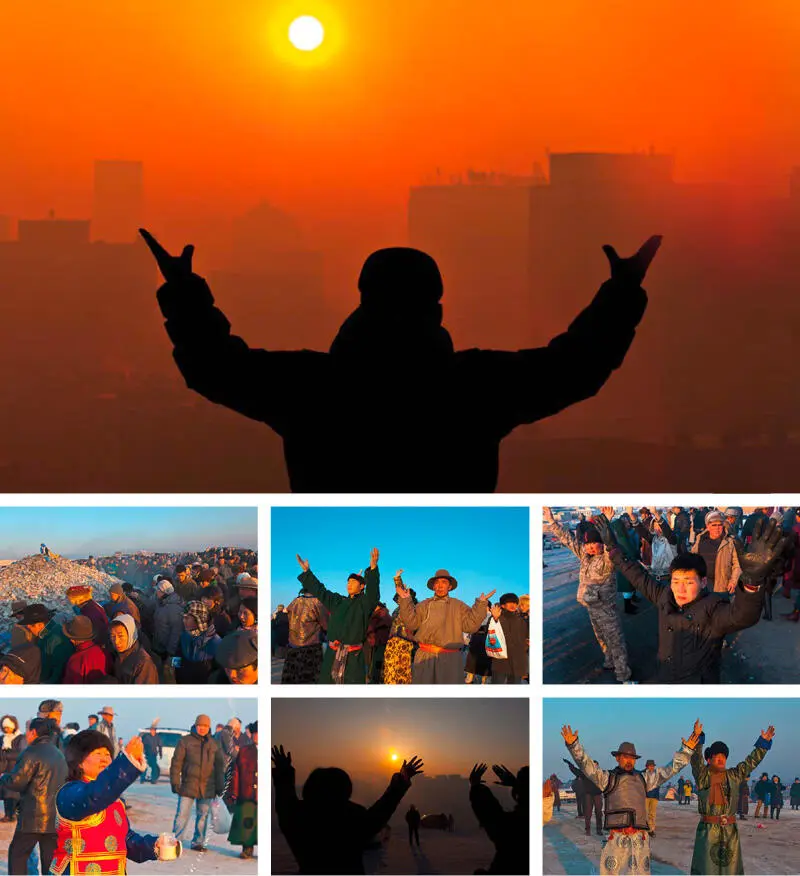
On the morning of the first day of the New Year, there is a fixed ritual, where people walk around the ovoo and then they pay homage to the sunrise.
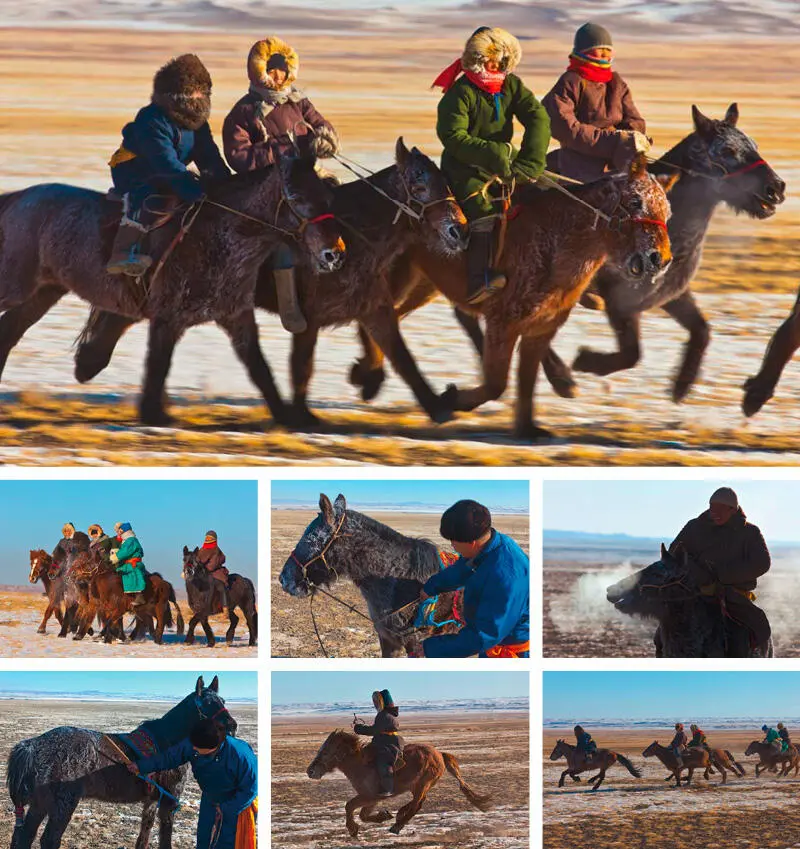
Horse racing takes place throughout the country at Tsagaan Sar, sometimes at temperatures below –40 °C.
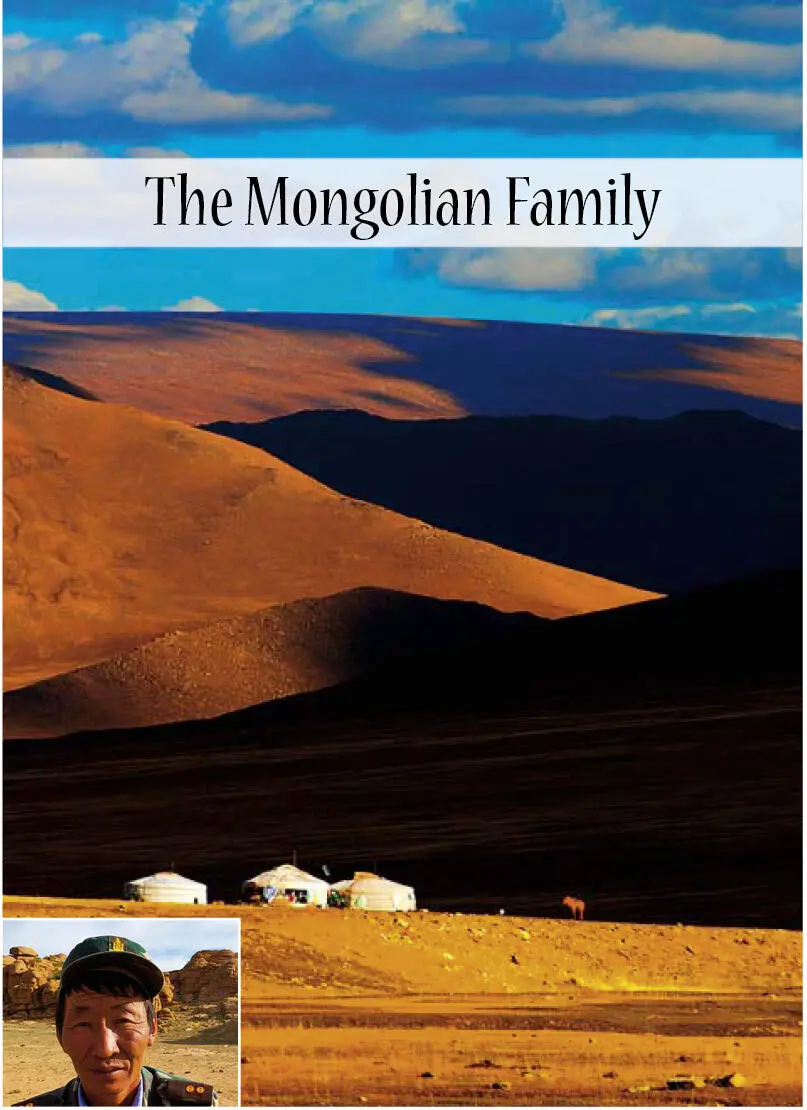
Suhkee had to negotiate his way round two diversions. Finally we are on the road to Baga Gazriin Chuluu, The National Park located in the middle of the Gobi Desert, 230 kilometres from Ulaanbaatar. With our destination in our sights, I listen to Suhkee as he relates stories about his friend Batsaikhan. Perhaps it’s just a few kilometres to go. Perhaps it will take longer. Nowadays I have learnt that there’s no point in asking. On one occasion I got the confusing answer from my driver that vague definitions like “perhaps” or “later” give the Mongolian attitude to life enough freedom to allow for all unavoidable eventualities. Anyway, who could tell what time we were actually going to arrive, given the usual driving conditions?
Due to the unusually dry spell, our route went across a dried-up river bed. We must be in the National Park, as I recognise the strange rock formations from when I was here before. The shapes formed by the rocks play on the fantasy of the observer. Nature seems to have put them together to look like a parade of mute animals.
Sukhee settles himself in his seat and puts his foot down. He hasn’t seen his old friend for a long time and the anticipation of seeing him again brings back some anecdotes from earlier times. “You’ll get to know him later”, Sukhee says to me. He shields his eyes from the sunlight and looks for the direction that we need to take to find Batsaikhan’s jurte camp. “A bit south of here, behind some big granite blocks, just off the road”, he mumbles to himself. This description is just about as accurate as “later” or “perhaps” as the answer to the question about what time we might arrive. So we drive further along the dusty road in a southerly direction and then turn off to the left behind some imposing granite rocks. And of course, we end up right in front of the jurte.
Batsaikhan is waiting for us, accompanied by his sheep and goats. The animals are all gathered around the only well in the area unaware of our planned rendezvous. I look around me in astonishment. It all looks like a well-ordered Nomad encampment. I had imagined that being a Ranger in a Nature Reserve, it would be a bit different. But a career path in Mongolia can be complex. It is not unusual for people to pursue many different tasks and jobs.
The friends hug each other warmly. I stand to one side and think of all the greetings and farewells that I have been witness to. The two adventurers slap each other on the back, and recall fond memories. Soon, we will sit in the shade of the jurte and exchange stories. And that’s exactly how it is. The two of them puff on their cigarettes while I stretch out my legs and listen.
They relate the story of an elderly nomad woman whose sheep and goats disappear without a trace. She returns home in the evening, without her herd. She suspects that wolves have attacked her animals. One day some time later, when she is looking after her neighbour’s herd, one goat runs off and starts climbing into the mountains. Painstakingly, the old lady follows it and comes across a concealed entrance to a cave. She goes inside and when her eyes have got used to the dark, she tries to find the goat. A sudden shiver stops her in her tracks. In front of her, small stones that she must have loosened with her foot tumble down into a seemingly bottomless cleft in the rocks. It takes all her strength to stop herself from falling. But after that, the bad luck cave is closed off for ever by the people living in the nearby village.
Читать дальше
